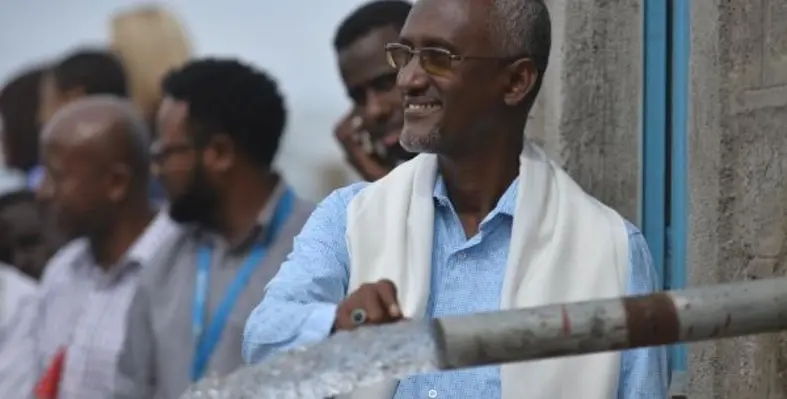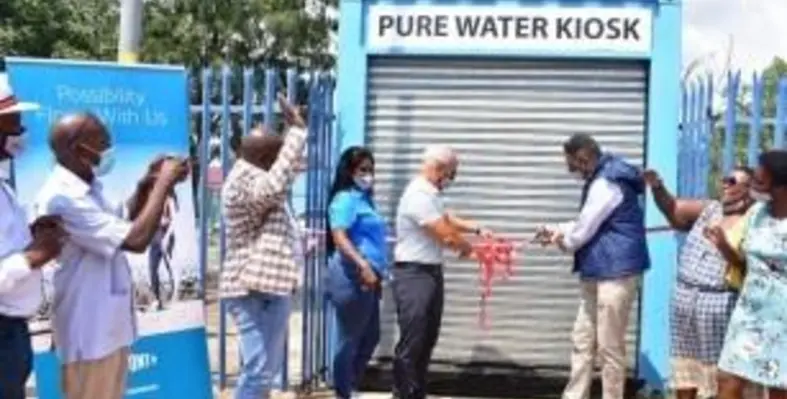Water in many places is a scarce resource and in need of careful management. Hence, many regions around the world are installing water treatment systems that have one key element: they are owned and run by local communities
The supply of fresh water is under intense and increasing strain as the global population continues to grow. The figures are startling: by 2030 it is estimated that around 500 million people will be living in cities that suffer from extremely high water stress; while the UN estimates that 2.2 billion people lack safely managed drinking water, and 3 billion lack basic hand washing facilities at home. The African continent is particularly afflicted.
Building new centralised infrastructure or expanding capacities is one long-term solution. Therefore, many regions around the world are installing water treatment systems.
Hence, a number of community-driven projects were completed with Dupont's support in Africa. For example, in drought stricken Serdo, northeast of Addis Ababa, the community managed to turn despair into joy. Following the discovery of unsafe salt fluoride levels in the groundwater coming from a new borehole (a problem that affected dozens in the Great Rift Valley), an advanced water purification system came to the rescue. The project involved the installation of 16 DuPont reverse osmosis elements to purify 5,000 liters of water per hour, bringing with it improved health and economic prosperity for 2,000 citizens.
Northeast of Nairobi, the Little Sisters of St. Francis tackled a similar problem. An estimated 20 million Kenyans are afflicted with teeth and bone fluorosis. The Sisters, who run the Kararani hospital, took it upon themselves to tackle the water-based problem for 6,000 local people, including those being cared for in the hospital. They oversaw the installation of a DuPont combined ultrafiltration and nanofiltration purification system that reduces fluoride to a safe 1.5ppm. The pure water that is produced is sold on to the community at a price of US$0.4 for 20 litres, a huge cost saving compared to the US$20 they would typically pay in the local supermarket.
DuPont is helping to solve global water challenges like these with technologies for purification, conservation and reuse. We are building toward a ‘Water Optimised World’, where water is abundant, accessible, adaptive, affordable, and automated. We are proud of our work in helping to achieve the Sustainability Development Goals, not least #6 – clean water and sanitation. As even the most advanced water treatment technology becomes increasingly automated and reliable, the opportunities for communities to install and run their own systems is gaining momentum.













